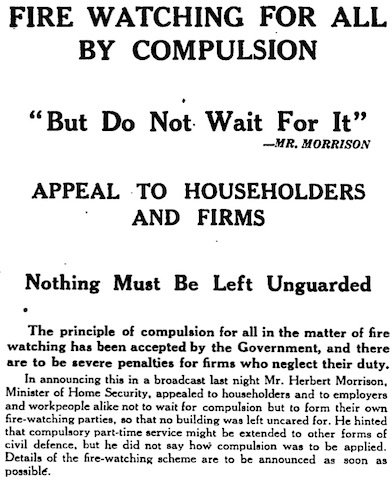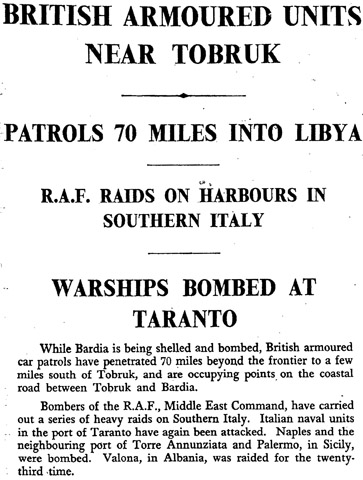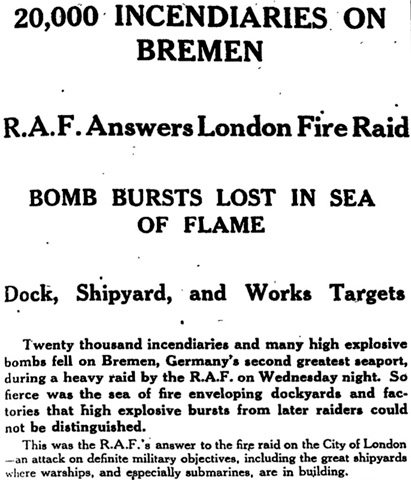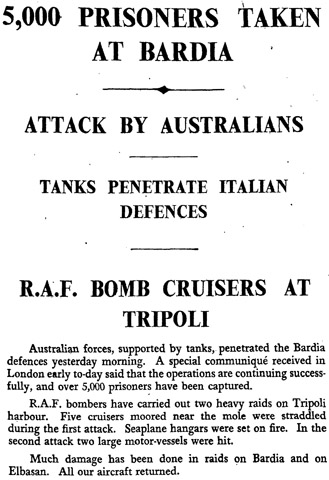
The Manchester Guardian might have allowed itself a moment for self-congratulation here, as its previous call for compulsory fire-watchers appears to have been heeded (5). (Though it was not alone, as an article on page 10 quotes similar commentary from The Times, the Daily Telegraph, the Daily Express and the Daily Mail.) The decision was broadcast last night by Herbert Morrison, the Minister for Home Security; on the reading of The Times it was ‘as a result of the fires in the City of London caused by incendiary bombs’ (6). Morrison himself said (4):
I must say this plainly to each one of you: it is your duty to yourself, to your neighbours and friends, to your City and your country, to guard your own home, business, or factory, from fire bombs. You cannot stop a high-explosive bomb from bursting: but you can stop a fire bomb from starting a fire.
The fire services are too few to do this everywhere, and are anyway needed to fight big fires. But while Morrison invokes the volunteer spirit of the Home Guard, he also invokes the principle of compulsion:
Compulsion will apply to every one, of every grade — managers and office workers, as well as manual workers — as the needs of the situation may require. Factories and businesses of all kinds, large and small, will be subject to severe penalties for any neglect of their obligations.
Even households ‘must, if possible, provide at least one member, man or woman, for its party’. The war is increasingly forcing the British people to subordinate their own will to that of the state.
Yesterday, firemen were still putting out fires in the City, though this ‘represented no more than a negligible mopping-up after the mighty battle which a great-hearted army of firemen had fought with the enemy and won by their prompt and resolute efforts’ (6). More of the destruction has been revealed: Trinity House on Tower Hill, home of the Trinity Brethren ‘who for 400 years have been responsible for the safety of all shipping in home waters’ (10) was destroyed in Sunday night’s raid. So too were the headquarters of several ancient City Companies: the Worshipful Company of Girdlers, the Worshipful Company of Coopers and the Worshipful Company of Saddlers. Even though the full story has taken several days to unfold, the reporting of the damage caused by the City raid has been, in fact, unusually full, according to a broadcast last night by the (Acting) Controller of the Ministry of Information’s Press and Censorship Division, C. J. Radcliffe (it was ‘a special case’, 4). He acknowledges that many people understandably complain about the lack of details in press reports about air raids: ‘They want their experience worthily recorded, not swallowed in a few dry phrases’. But he counters that it would not be wise to give the enemy information about what he might have hit.
If he has failed he will know he must try again; if he has succeeded he will be free to turn his attention elsewhere […] Even naming the towns that he has visited may, in certain cases — not always, of course — enable him to check some error of navigation or aim and fly more accurately next time.
The Air Ministry has been doing some end-of-year accounting, and has come up with a total of 3090 kills for Fighter Command in 1940, ‘gained in defence of Britain, protection of shipping, and in combats over the French coast’ (Manchester Guardian, 5). The RAF itself lost 1050 fighters in the same period, but recovered more than 400 of their pilots. Anti-aircraft guns and balloon barrages accounted for some 444 enemy aircraft.
More qualitatively, an anonymous ‘high officer of the R.A.F.’ reviewed the lessons of ‘the air war of 1940’ for the Guardian (6). He made the following points:
The day bomber has been defeated, but Germany may try again.
Night bombing will continue, but we are gradually improving countermeasures.
Hitler underestimated our fighter strength.
Enemy propaganda against this country has been a “complete flop.”
We must still be ready for invasion.
Elaborating on the last point, he said:
Invasion must be regarded for a long time to come as a standing dish on the Hitler menu. He is a wonderful fellow for preparing all sorts of plans, and he has laid a very thorough, detailed plan for the invasion of this country as soon as conditions may be favourable in the early spring. We shall have to to retain adequate armed forces in this country for a very long time.
He criticised an unnamed American journalist who made ‘”the most astonishing piece of fantastic nonsense that I have ever read”‘ — namely that ‘Hitler conquered London [in 1940] and did not know it’.
Perhaps Leonard Engel, another American journalist, is equally misinformed? In Flying and Popular Aviation, he has compiled a list of Britain’s forthcoming (and still secret) combat aircraft, ‘designed to supplement in the immediate future the Hurricane and Spitfire, Wellington, Whitley, and others’ (The Times, 8). These are:
the Hawker Tornado, a single-seat fighter […] capable of a speed of about 425 m.p.h.; the Westland Whirlwind, twin-engined fighter […] capable of just over 400 m.p.h.; the Avro Manchester, a twin-engined bomber […] speed about 325 m.p.h.; and the Short Stirling, a four-engined bomber.
The Wellington, Hampden and Whitley bombers, already in service, have been ‘”beefed up” and re-engined’. Engels passes on an unconfirmed report that ‘Vickers-Supermarine have developed a small single-seat fighter powered by the Griffin [sic] engine, which is descended from the line of Schneider Cup racing engines’. He is confident that Britain will continue to design outstanding aircraft, ‘though British quality may still be a long way from cancelling out Nazi quantity’.
Black-out times for Manchester today are: begins, 5.29pm; ends, 8.57am (Manchester Guardian, 6).
![]() This work is licensed under a Creative Commons Attribution-NonCommercial-NoDerivatives 4.0 International License.
Permissions beyond the scope of this license may be available at http://airminded.org/copyright/.
This work is licensed under a Creative Commons Attribution-NonCommercial-NoDerivatives 4.0 International License.
Permissions beyond the scope of this license may be available at http://airminded.org/copyright/.




It’s interesting that Engel reports the abortive Vulture-powered Tornado rather than the Sabre-powered Typhoon. On the other hand, Wikipedia says that the Tornado and Manchester were both being built by Avro, the Typhoon by Gloster. So the leak about the planes might come from Avro. (The Stirling and Whirlwind had been leaked long since.) I don’t see a connection with the Griffon, but Supermarine is fighting for permission to produce the XII right now…
A new Tornado prototype made its first flight in December 1940, so maybe he’d heard the buzz about that. The Supermarine Griffon-engined thing seems to have been a furphy, as near as I can tell.
Pingback: Airminded · Wednesday, 21 May 1941